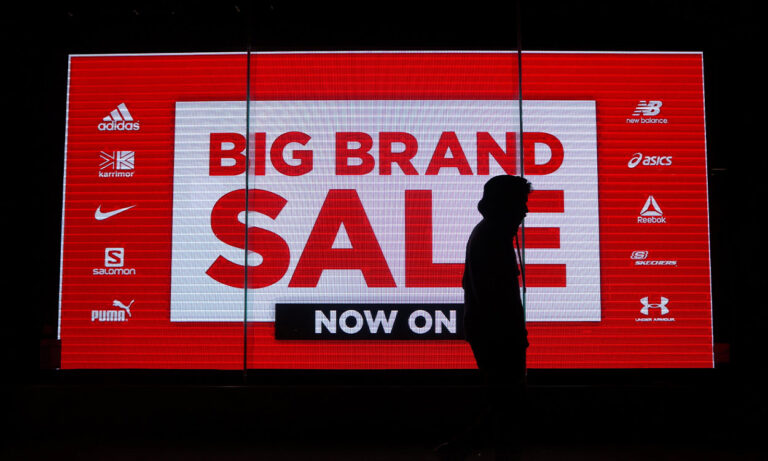Only 1 in 7 Black Friday deals are real discounts. Here are the worst offenders to watch out for
New research conducted by consumer champion Which? has revealed that only one in seven Black Friday deals offer an actual discount.
The nonprofit organisation analysed 214 Black Friday deals in 2021 at seven major home and tech retailers—Amazon, AO, Argos, Currys, John Lewis, Richer Sounds, and Very—looking at their prices every day in the six months before and after the sale day (which fell on Friday 26 November that year).
It found that the majority of promotions (183 of them, or 86 per cent) were cheaper or the same price in the six months before the sales. Of the deals, 209 (98 per cent) were cheaper or the same price at other times in the year. None were cheaper on Black Friday alone.
So if you’ve been eagerly waiting for the infamous sales event in the hope of finding genuine discounts to finally treat yourself with, we’ve made sure to list the ones Which? blacklisted through its research.
Steer clear of Amazon and Very
I mean, are we really surprised? Even taking into account Cyber Monday sales, Which? found that 186 (87 per cent) of deals had a lower or equal price at another time. Among those dodgy companies trying to fool gullible customers, Amazon and Very were listed as the worst retailers overall for dubious discounts, with more than 70 per cent of products included in Which?’s analysis cheaper at other times of the year compared to their Black Friday price.
When the non-profit organisation spoke to the retailers about its findings, all—apart from Currys and Very, who didn’t respond—said that Black Friday is a key time for deals but is just part of efforts to offer savings throughout the year.
In other words, they tried to imply that consumers should not feel pressured to part with their cash, as they may not be making a genuine saving. Bit late for that nugget of advice, huh?
Other ‘bargains’ to avoid
At John Lewis, the Zanussi ZHB62670XA chimney cooker hood was valued for £239 on Black Friday in 2021, offering potential buyers a £30 saving. But it had been the exact same price since 9 November and was even reduced to £160 for two weeks in August.
It only increased to £269 on 13 October, meaning the so-called £30 saving didn’t really represent good value for money. John Lewis was just prepping its scammy offers ahead of Black Friday.
The Toshiba 43UL2163DBC TV was £279 at Very during last year’s Black Friday, with a claimed £100 saving. However, Which? found it had been £379 for just three days in the month before the sales event. It stayed at £279 until 22 December 2021, when it dropped further to £275.
Too good to be true
Reena Sewraz, Which? retail editor, said: “Our research shows that finding a good deal on Black Friday is like looking for a needle in a haystack. It’s rarely the cheapest time to shop, and you’ll probably find the things you want are the same price or cheaper as we head towards Christmas, the New Year and beyond.”
You heard the expert.






